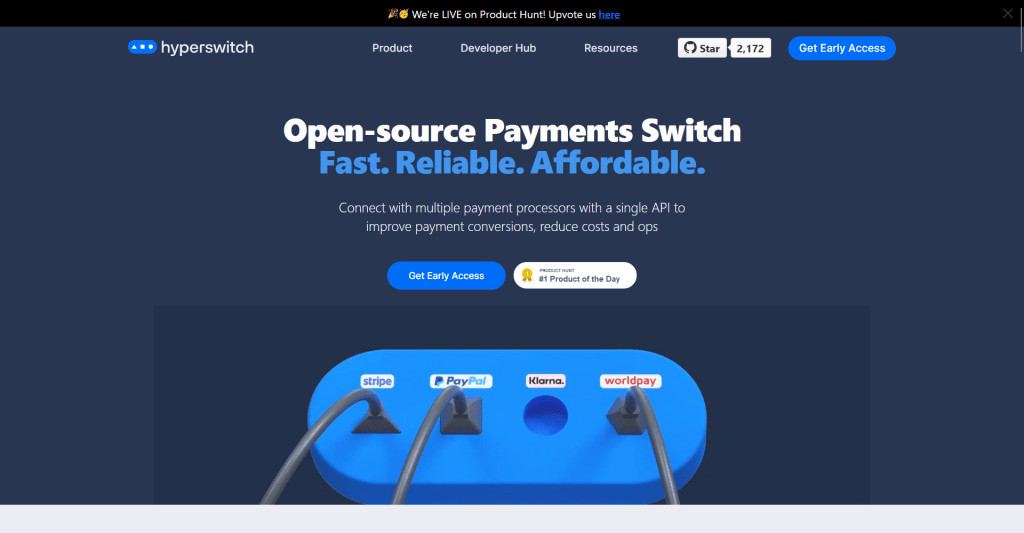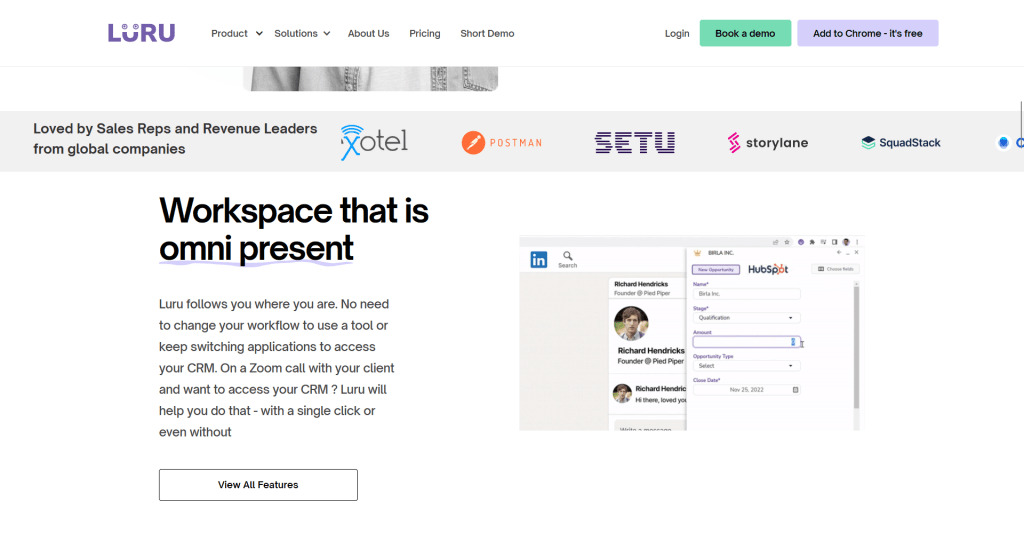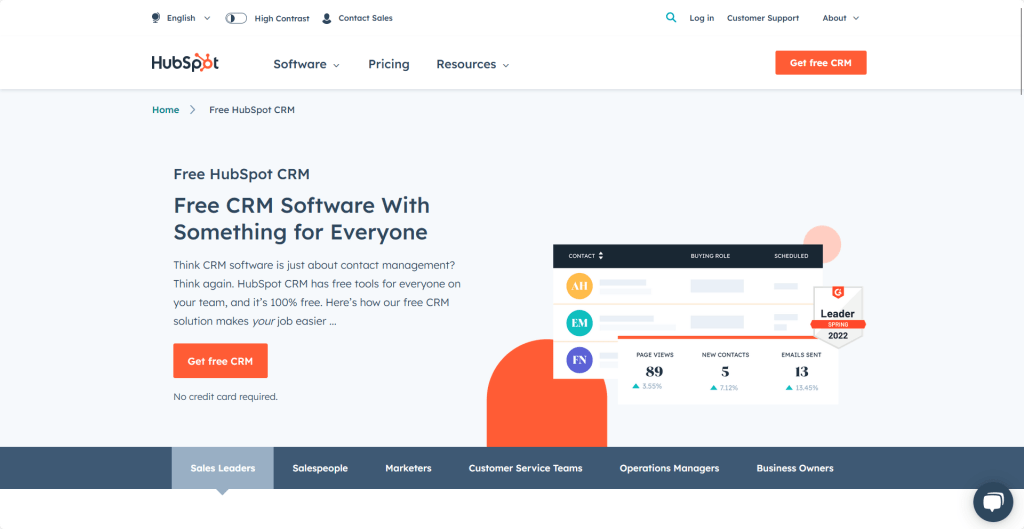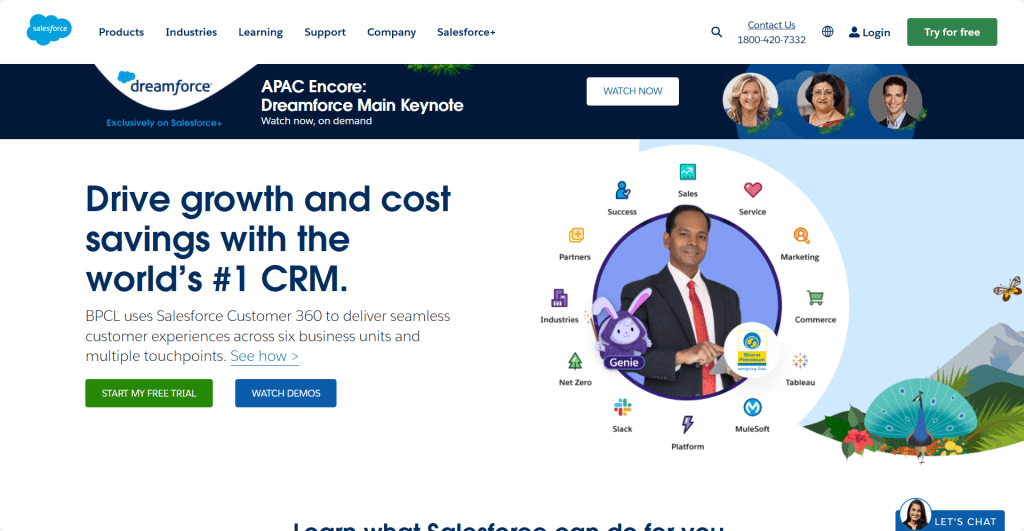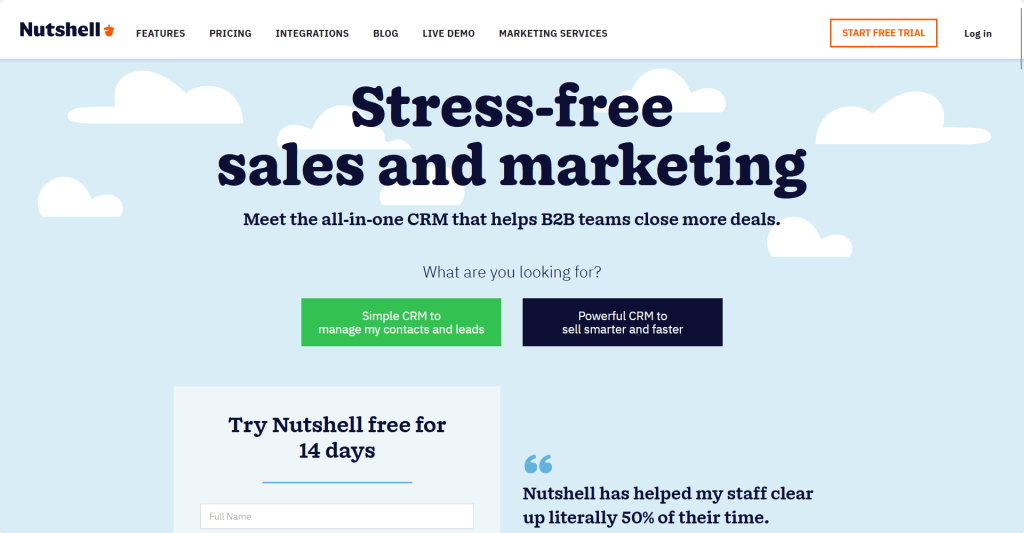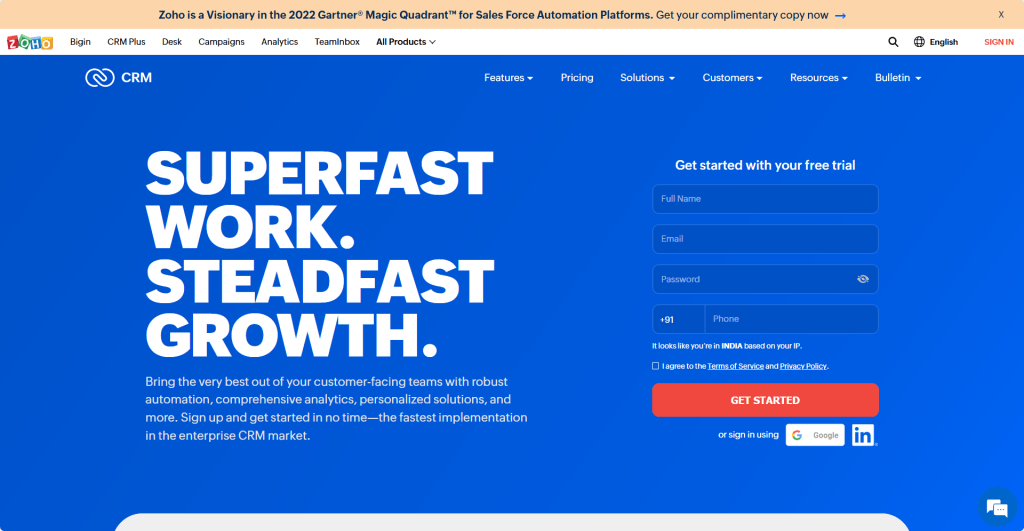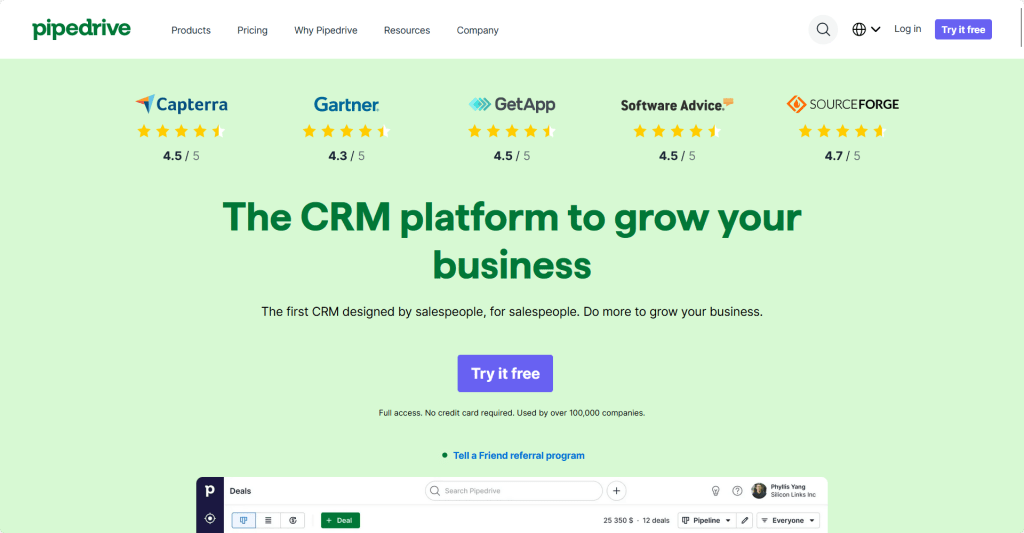Understanding Startup Cashflow
Introduction

Cash flow is the lifeline of any business, especially for startups that are still testing the waters. With the lack of cash flow management, established businesses as well as startups can face severe financial difficulties. This could lead to dwindled revenue as well as a complete shutdown of their business.
In this blog post, let’s break down the important cash flow elements for a thorough understanding.
What is Cash Flow?
Cash flow refers to the cash amount that flows in and out of an organization during a particular duration. Cash inflows include cash received from customers, interest earned, and any other sources of cash whereas Cash outflows refer to payments made to suppliers, salaries and wages, rent, taxes, and other expenses.
How Does it Work?
Cash flow works by tracking all the capital that flows in and out of a business over a specific period. This period can depend on a monthly or annual basis.
For firms to maintain a positive cash flow, they need to ensure that their cash inflows are greater than their cash outflows. The business will experience a negative cash flow if the cash inflows are less than the cash outflows. This could lead the business to severe financial difficulties.
Being an essential finance and accounting component, cash flow measures the net amount of cash and cash equivalents flowing into and out of a business. Positive cash indicates a growth in the company’s liquid assets. This allows the firm to settle debts and invest in growth opportunities.
Below are the key details of how cash flow works and its relevance to a startup:
- Cash flow can be calculated using either the direct or indirect method.
- The direct method calculates cash flow by tracking the actual inflows and outflows of cash, while the indirect method starts with net income and makes adjustments for non-cash transactions and changes in working capital.
- The cash flow statement provides a detailed picture of what happened to a business’s cash during a specified period, known as the accounting period.
- The statement demonstrates an organization’s ability to operate in the short and long term, based on how much cash is flowing into and out of the business.
How To Analyze It?
To analyze cash flow, businesses must create a cash flow statement that outlines the inflows and outflows of cash over a specific period.
The cash flow statement helps businesses to identify their cash position and enables them to make informed decisions regarding their finances. Businesses can use various tools and software to analyze their cash flow and make data-driven decisions.
How to calculate cash flow?
1.) Calculate your revenue: Calculate your revenue by multiplying the number of services you provided by the price per service.
2.) Subtract direct costs: Subtract any direct costs associated with providing your services. This may include things like materials, equipment, or any other costs that are directly related to providing the service.
3.) Subtract overhead costs: Subtract your overhead costs, which are the costs that are not directly related to the provision of your services. This may include things like rent, utilities, and administrative expenses.
4.) Add back non-cash expenses: Add back any non-cash expenses, such as depreciation, that were subtracted in step 3.
5.) Subtract your taxes: Subtract your taxes from the result of the previous step.
Type of Cash Flow
Here are the three types of cash flows:
Operating Cash Flow (OCF)
Operating cash flow is the amount of cash generated by the core operations of the business. It includes revenue generated from the sale of goods and services, minus all operating expenses incurred during the same period.
Some examples of operating expenses include salaries and wages, rent, utility bills, inventory costs, and marketing expenses. This cash flow measure provides insight into the financial performance of a business’s core operations.
Investing Cash Flow (ICF)
Investing cash flow is the cash inflow and outflow related to the purchase and sale of long-term assets, such as property, plant, and equipment.
This measure includes the money spent on capital expenditures and the proceeds from selling long-term assets. For example, if a business purchases a new piece of machinery, this will be considered an outflow of cash. On the other hand, if a business sells a property, it will be considered an inflow of cash.
Financing Cash Flow (FCF)
Financing cash flow measures the inflow and outflow of cash related to the financing of the business. This includes money received or paid for issuing and retiring debt, issuing and buying back shares, and paying dividends.
Financing cash flow is important to track as it shows how a business is being funded and whether it’s relying on debt, equity, or dividends.
It’s important to note that while tracking each type of cash flow is crucial, it’s also important to understand the overall cash flow position of the business. Positive cash flow indicates that a company’s liquid assets are increasing, enabling it to settle debts, reinvest in the business, pay dividends to shareholders, or return capital to investors. Conversely, negative cash flow indicates that a company is spending more money than it’s generating, which can lead to financial difficulties and possible insolvency.
Managing a Startup Cash Flow
Managing startup cash flow is crucial for the success of any business. Startups can manage their cash flow by creating a cash flow budget, negotiating payment terms with suppliers, collecting receivables on time, and reducing unnecessary expenses. Startups need to stay on top of their cash flow to ensure that they have enough cash to cover their expenses and invest in growth opportunities and expand their business.
For startups, managing cash flow is critical as they often have finite financial resources. Startups must focus on creating a positive cash flow by increasing their cash inflows and reducing their cash outflows. They can do this by increasing their sales, reducing expenses, and managing their cash effectively.
Here are some tips for managing startup cash flow:
1.) Create a Cash Flow Forecast
A cash flow forecast is a prediction of your company’s future cash inflows and outflows. Use this forecast to plan your spending and make sure you have enough cash on hand to cover your expenses.
2.) Prioritize Your Expenses
Determine which expenses are essential and which can be delayed or reduced. Focus on the critical expenses that keep your business running, such as rent, salaries, and supplies.
3.) Delay Payments When Possible
Negotiate payment terms with your suppliers to extend payment deadlines. This can give you extra time to collect revenue from your customers.
4.) Collect Payments Quickly
Send invoices promptly and follow up on late payments. Consider offering discounts for early payment or charging late fees for overdue accounts.
5.) Manage Inventory Carefully
Keep a close eye on inventory levels to avoid overstocking or stockouts. Overstocking ties up cash, while stockouts can result in lost sales and missed opportunities.
6.) Explore Financing Options
Look into financing options like lines of credit, small business loans, or crowdfunding to help cover expenses during times of low cash flow.
7.) Focus on Revenue
Acquiring more customers to pay for the products/service is the best way to ensure they don’t run out of cash. And yet, many startups seek to attract new customers with free trials. That won’t generate revenue. A better approach is to charge customers a small fee to take part in a test and offer them a discount if they end up purchasing at the end of a trial period. They will be willing to pay if you have a good product.
8.) Monitor Regularly
Keep track of your cash flow on a regular basis and adjust your spending as necessary. Use accounting software or a spreadsheet to help you stay organized and on top of your finances.
Importance of Cash Flow for Startups
Cash flow is essential for startups as it helps them manage their finances effectively. Startups need to ensure that they have enough cash to cover their expenses and invest in growth opportunities. A positive cash flow can help startups secure funding and attract investors, while a negative cash flow can lead to financial difficulties and ultimately failure.
Here are some key points to explain why cash flow is essential for any business:
1. Helps Businesses Remain Solvent
Cash flow is a fundamental aspect of a business’s solvency. It is essential to ensure that a company has enough cash on hand to meet its financial obligations. Without sufficient cash flow, a business may not be able to pay its suppliers, employees, or lenders, leading to default, bankruptcy, and even closure.
2. Enables Better Decision-making
Cash flow statements provide a detailed breakdown of a company’s inflows and outflows of cash. By analyzing this data, business owners and managers can make more informed decisions about how to allocate resources and manage their finances effectively. A thorough understanding of a company’s cash flow can help business owners identify areas where they can reduce costs, increase revenue, or improve profitability.
3. Helps Secure Financing
Investors and lenders often look at a company’s cash flow statement when deciding whether to invest or lend money to the business. Positive cash flow indicates that a company is generating enough cash to cover its expenses, pay its debts, and potentially invest in growth opportunities. Investors and lenders are more likely to finance companies that have strong cash flow, as it demonstrates a company’s ability to manage its finances effectively.
4. Facilitates Planning
Cash flow projections are crucial for business planning. By forecasting future cash needs, businesses can prepare for potential shortfalls or opportunities to invest in growth. It can also help businesses manage seasonal fluctuations in revenue, anticipate changes in demand, and plan for unforeseen expenses.
5. Helps Manage Risk
Cash flow management is an essential risk management tool for businesses. By closely monitoring cash flow, businesses can identify potential financial risks and take corrective action to mitigate those risks before problems escalate. For example, if a business sees that its cash reserves are getting low, it may decide to delay purchasing new equipment until it has generated sufficient cash flow to cover the expense.
In a Nutshell
Managing cash flow is critical for the success of startups. Startups need to create a positive cash flow by managing their finances effectively, reducing expenses, and increasing their cash inflows. By analyzing their cash flow regularly, startups can make informed decisions and avoid financial difficulties. With the right strategies in place, startups as well as established businesses can achieve financial stability and grow their businesses in the long run.
Learn about other key startup financial metrics: Cash Burn rate, Debt-to-Equity ratio
Optimize Your Startup’s Cash Flow: Expert Services for Financial Success
Unlock the potential of your startup’s cash flow with our specialized services. From financial modeling and business plan writing to due diligence and valuation reports, we’re here to ensure your cash flow strategy aligns with your growth ambitions. Explore our services now and pave the way to a thriving financial future. Book A 30-minute free consultation call with our experts!
FAQ
1.) What are the 3 types of Cash flow?
The 3 types of cash flows are Operating, Investing, and Financing cash flows.
2.) What is free cash flow?
Free cash flow is the cash a company generates from its operations, after accounting for capital expenditures needed to maintain and expand the business.
Free Cash Flow measures the amount of cash a company has left over after it has paid for its operating expenses and investments in property, plant, and equipment. This money can be used for various purposes, such as paying dividends to shareholders, repaying debt, or reinvesting in the business.
3.) How are cash flow different than revenues?
Revenue is the total amount of money a company earns from the sale of its products or services.
Cash flow, on the other hand, is the amount of cash that flows in and out of a company over a specific period of time. They are is calculated by subtracting cash outflows (such as payments for expenses and investments) from cash inflows (such as payments from customers and investments).
4.) What are the important points of making cash flow for start-up businesses?
The important points of making cash flow for start-up businesses include:
- Wages and salaries
- Payment to suppliers
- Interests on loans and overdraft
- Tax on profits
- Repayment on loans
5.) What are the limitations of cash flow forecasting?
The limitations of cash flow forecasting include:
- It cannot gauge future market conditions
- Inflation
- Sales demand shifts
Now that you have a better understanding of cash flow, it’s time to explore the other essential startup financial metrics.



